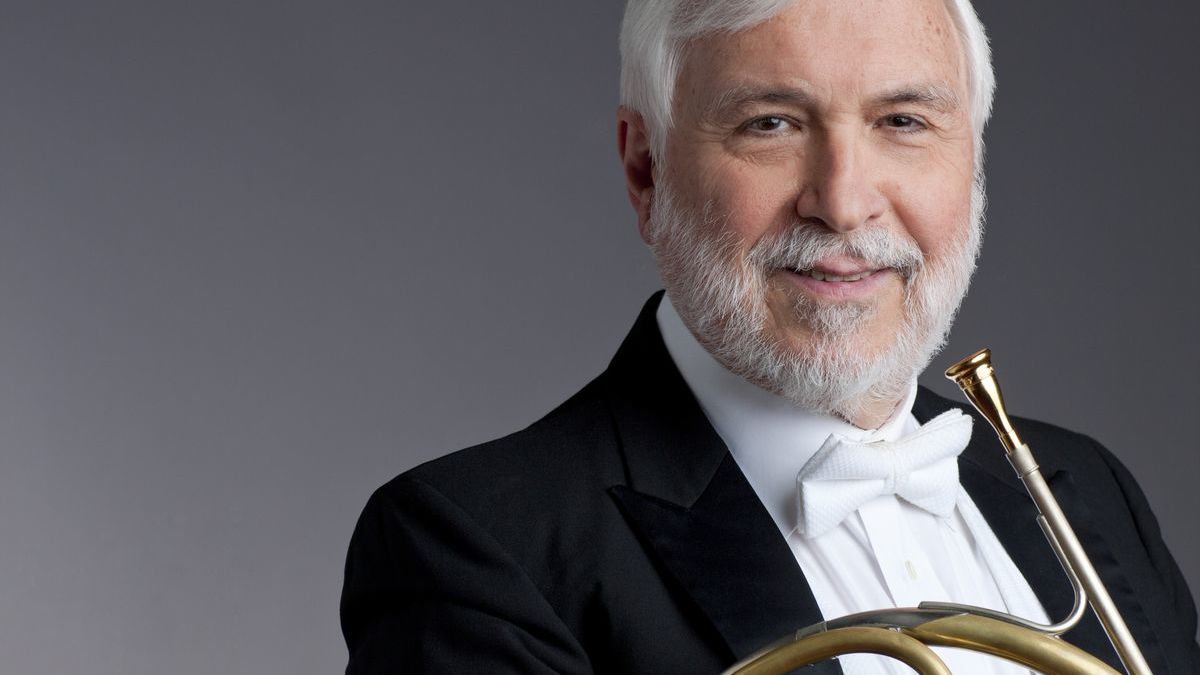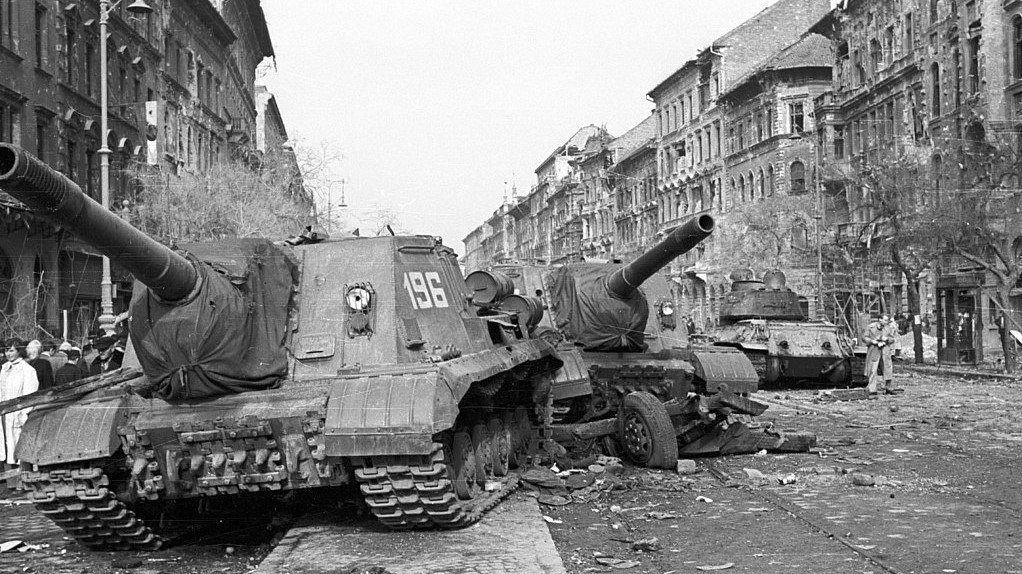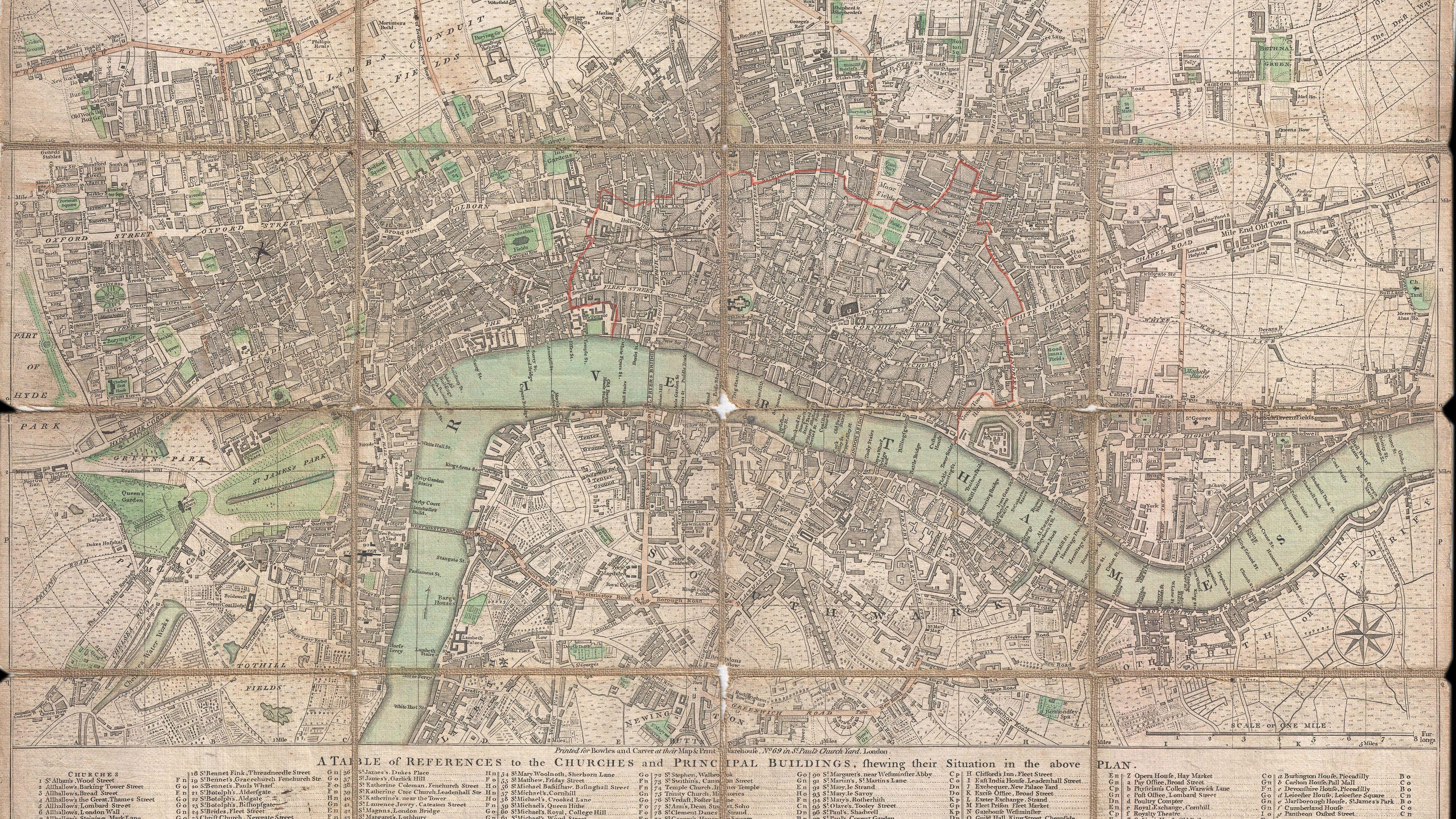Vaughan Williams’ “Sinfonia Antartica”: From Film Score to Symphony
In a 1944 essay titled Film Music, Ralph Vaughan Williams wrote, “I still believe that the film contains potentialities for the combination of all the arts such as Wagner never dreamt of.” Beginning in 1940, Vaughan Williams composed scores for eleven films. Among these was the 1948 Technicolor adventure film, Scott of the Antarctic, which told the story of the ill-fated 1912 British expedition to Antarctica, led by Captain Robert Falcon Scott. The venture went south …







